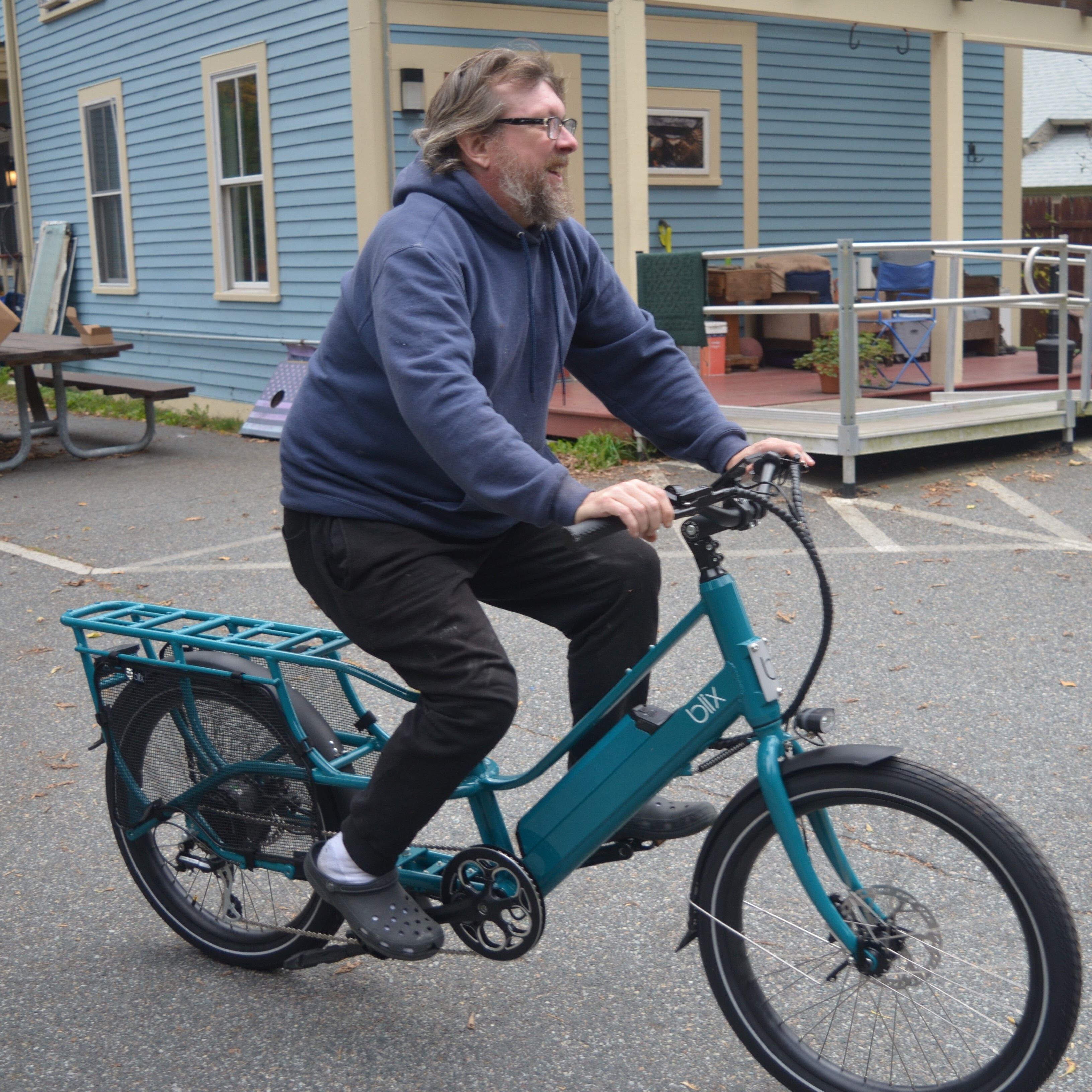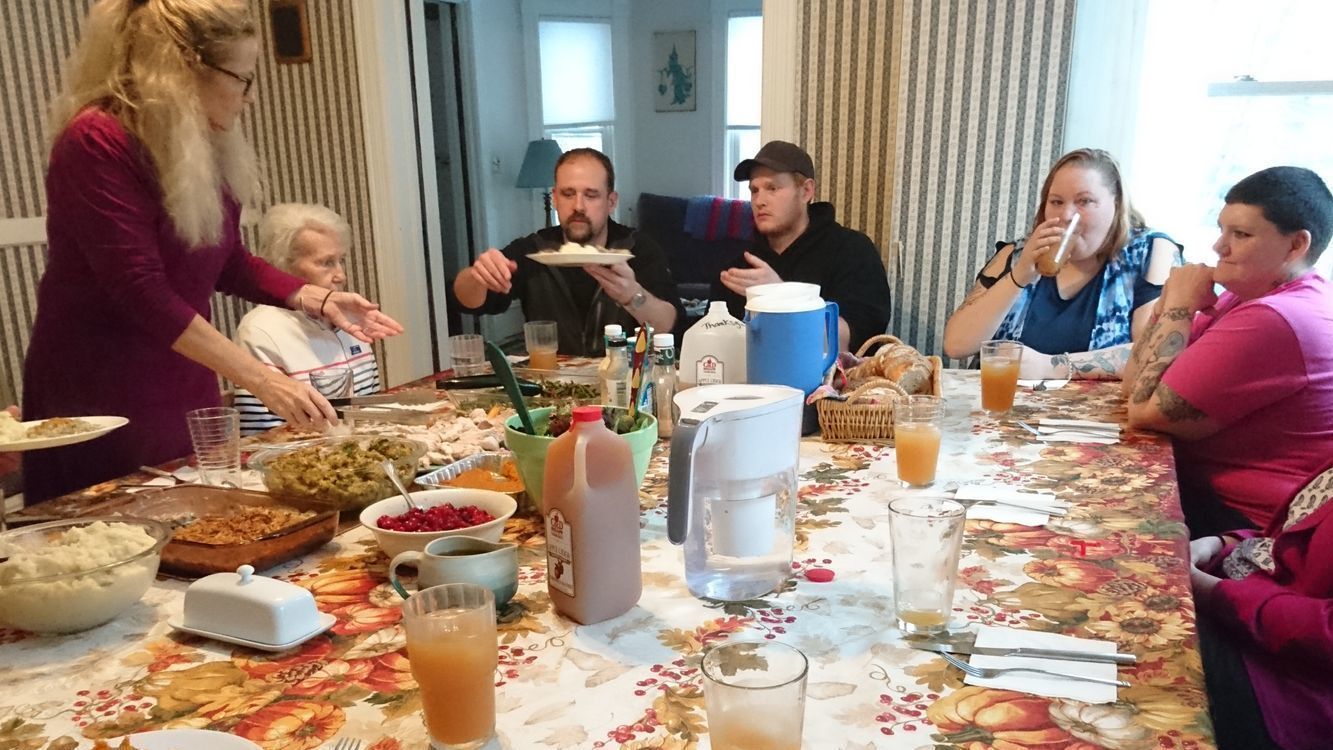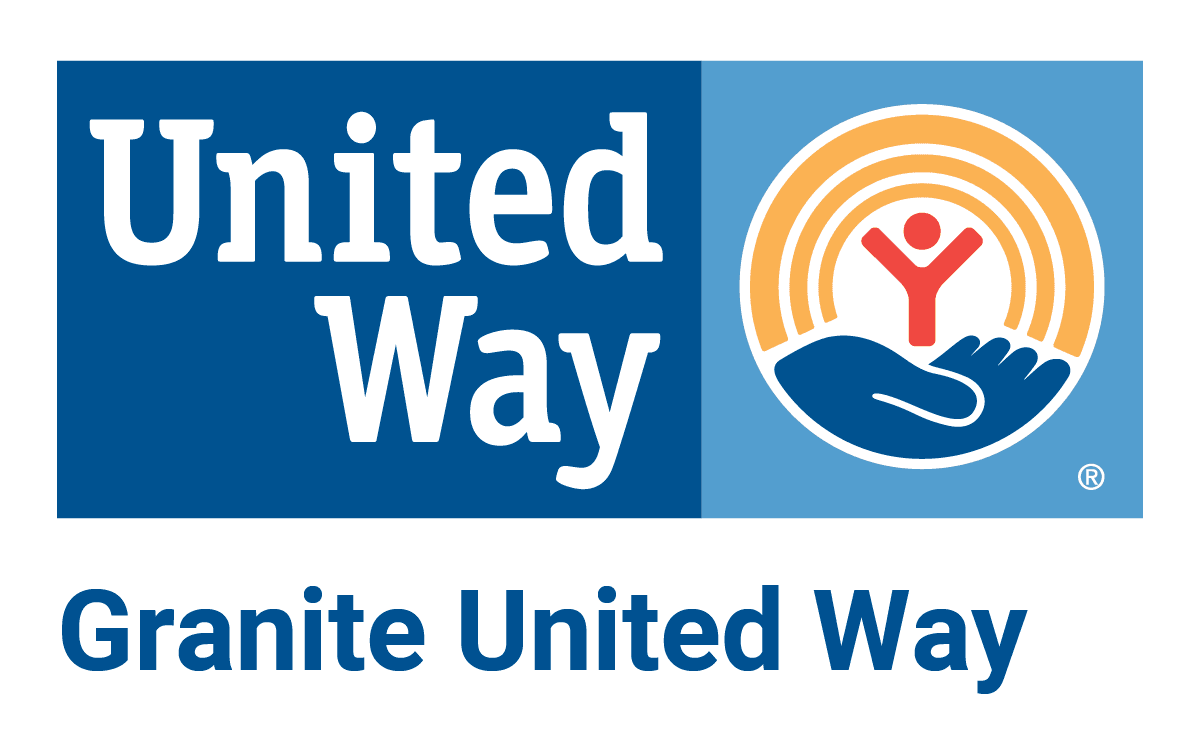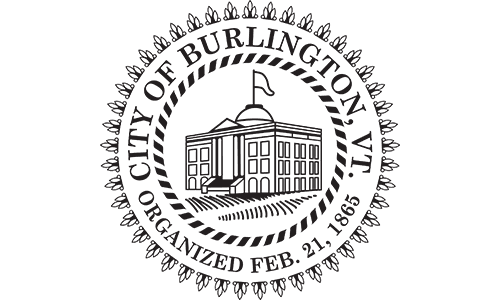
In 2021, Vital Communities worked with a Hartford Dismas House resident to get him financial assistance with purchasing an eBike, which led to their help securing a shared eBike for all residents to use. A huge success, the partnership has served as a model and has since been replicated among other nonprofits, including the Hartford Restorative Justice Center and SHARe Upper Valley.
Last month, Vital Communities delivered a new eBike with winter tires to the Hartford Dismas House. Vital Communities' transportation work includes several eBike-focused projects, including a traveling Upper Valley eBike Lending Library, individual purchasing subsidies, and increased access to clean, affordable, and fun transportation solutions.
"I had doubts that an eBike would be used differently than pedal bikes, but the sheer volume of use these bikes are getting makes me wonder how we operated in the past," commented the Hartford Dismas House Director.
Hartford Dismas House residents have been an indispensable source of information for Vital Communities in understanding the difficulties of navigating a geographic area with little to no transportation resources. eBikes provide independent transportation resources to allow Hartford Dismas House residents to shop, attend medical appointments, and pick up their children from daycare or school. Beyond getting from Point A to Point B, eBike riders get physical exercise and mental health benefits, regain feelings of independence, and have an affordable alternative to a car.
Hartford Dismas resident Larry Wright has been using an eBike, compliments of Vital Communities, to get to his job at the Upper Valley Aquatic Center. "I was a little anxious at first because of the traffic, but I've gotten used to it. It beats walking—it's a 40-minute walk." He tried out the new bike and was pleased by how light it was.
Vital Communities shared, "We see Dismas House as a perfect partner because they allow us to see eBikes in heavy, daily use. The feedback and success stories the residents provide allow us to engage in regional and statewide transportation conversations in a more informed way as we continue to work collaboratively towards a path for an equitable transition away from fossil fuels."




















